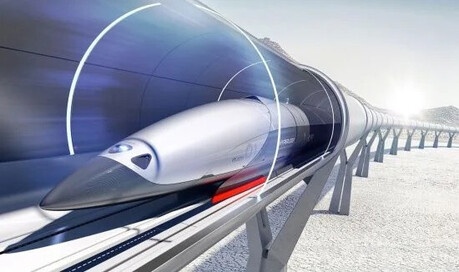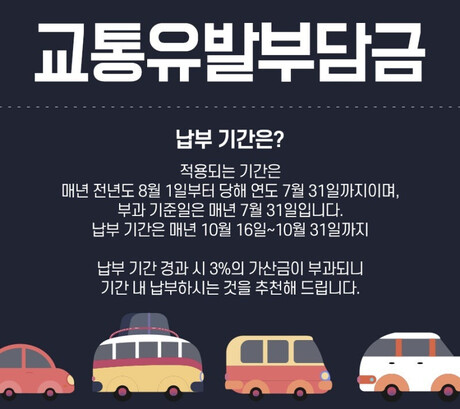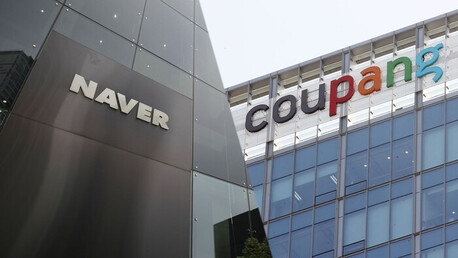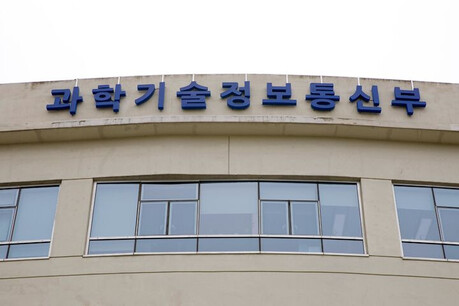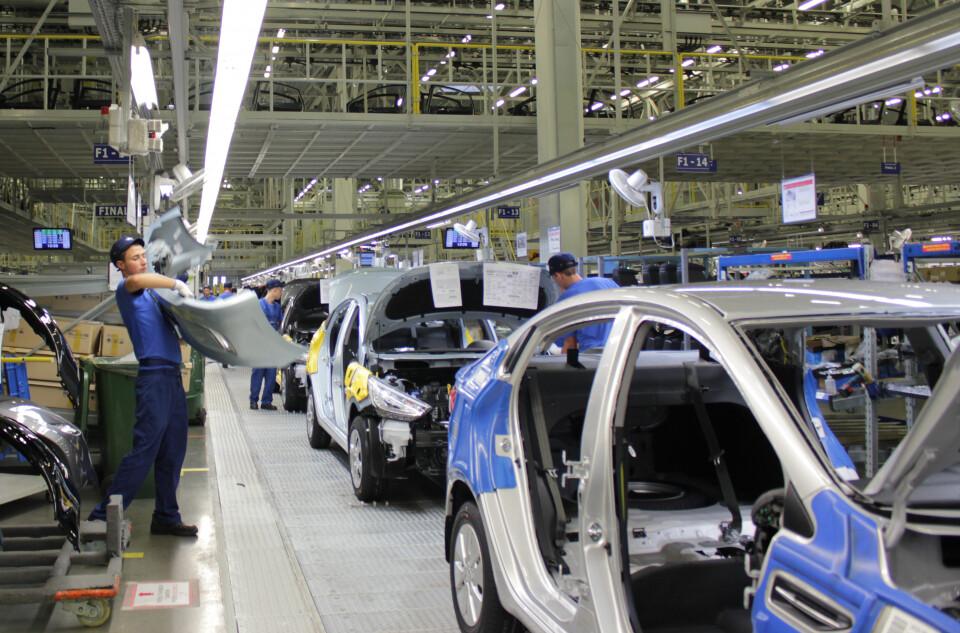
Seoul, South Korea – Hyundai Motor Company and Kia Corporation are poised to shatter their annual sales records once again this year, following a record-breaking 2023.
Despite a domestic market slowdown attributed to economic recession, high-interest rates, and an electric vehicle sales slump, the companies are experiencing robust growth in the North American market. This surge is driven by strong sales of high-value vehicles and a favorable exchange rate, as the Korean won has weakened against the US dollar.
According to industry sources, Hyundai and Kia combined sold 1,548,333 units in the US market through November, accounting for 23.3% of their global sales of 6,656,584 units. This marks the highest US market share for the two companies since 1988 (28.8%).
In November alone, the companies sold 154,118 units in the US, a 14.7% increase year-on-year, marking the second consecutive month of double-digit growth.
While Hyundai (643,996 units, down 8.0%) and Kia (495,807 units, down 4.8%) both experienced declines in domestic sales through November, their strong performance in the North American market offset these losses. Since 2021, US sales for both companies have surpassed domestic sales, and the gap between the two markets is widening each year.
A significant factor in this success is the strong performance of high-value vehicles such as electric vehicles, hybrids, and SUVs in the US market. In November, combined eco-friendly vehicle sales for Hyundai and Kia in the US increased by 77.5% year-on-year to 35,529 units, accounting for a record 23.1% of total sales. Hybrid vehicle sales alone surged 85.8% to 24,296 units, setting a new record. Even amid the electric vehicle sales slump, EV sales increased by 62.4% to 11,233 units.
Hyundai is expecting further growth with the launch of its flagship electric SUV, the Ioniq 9, in the US market in the first half of next year. Kia is also set to introduce a high-performance version of the EV9, the EV9 GT, as well as entry-level electric SUVs EV3 and EV4, and a compact electric sedan, EV4.
Furthermore, Hyundai's new US plant, Hyundai Motor Group Meta Plant America (HMGMA), which is set to begin full-scale operations next year, is expected to enhance the company's ability to respond to growing demand in the US market.
The strengthening US dollar, which has reached over 1,430 won, is also seen as a positive factor. As the companies' export volume increases, a stronger dollar will lead to higher foreign exchange gains. Industry estimates suggest that a 10-won appreciation in the won can boost Hyundai and Kia's operating profits by 200-300 billion won.
Additionally, industry observers believe Hyundai and Kia are well-positioned to gain a competitive advantage in the global automotive market, particularly in the US and Europe. Recent reports of a potential merger between Nissan and Honda, two of the world's seventh and eighth largest automakers, have reinforced this view. While this merger could create a new automaker with a larger global sales volume than Hyundai Motor Group, industry experts believe it signals the beginning of restructuring efforts within the Japanese automotive industry.
As Japanese automakers focus on restructuring and may be slower to develop competitive electric vehicles, Hyundai and Kia, with their strong presence in the US market and a robust lineup of electric vehicles, are expected to benefit.
[Copyright (c) Global Economic Times. All Rights Reserved.]

















